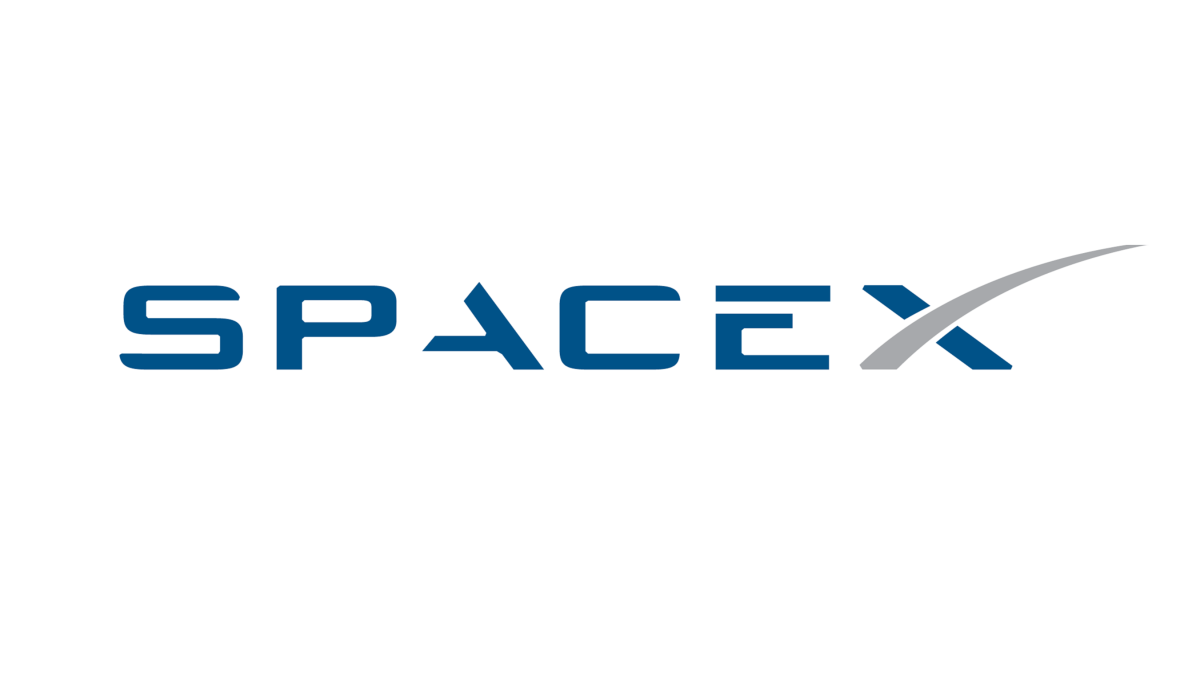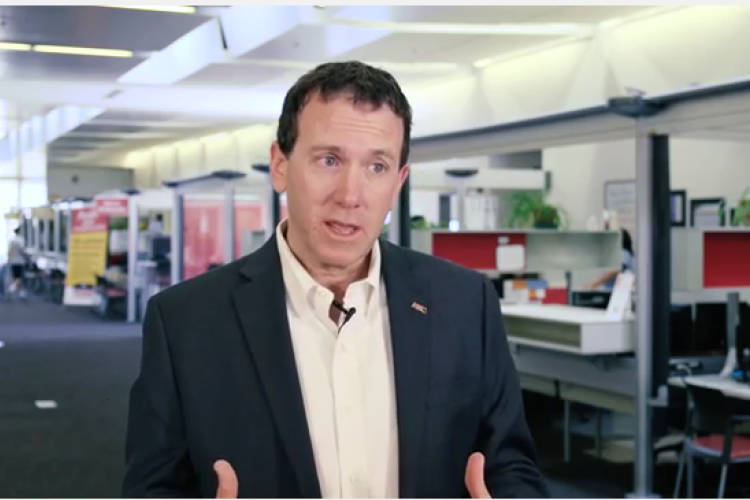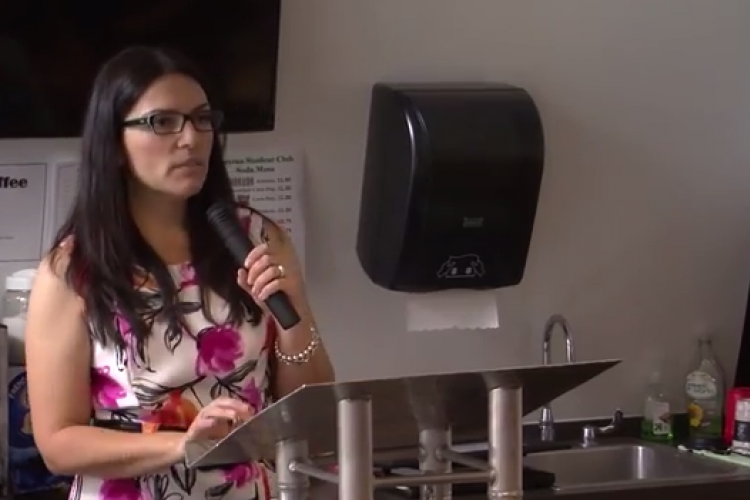
Space-X logo
Many people have argued about the pros and cons of space travel. Some say that it is a waste of time, and others say that it can be great to colonize other planets.
Elon Musk has become a celebrity due to his many successful companies – Hyperloop, Tesla, PayPal and Neuralink, to mention a few. One of them, though, has become a dilemma – that is, SpaceX, his private Aerospace Company.
On May 6, 2002, Musk founded SpaceX as a young but ambitious man. At first, it was just another ordinary Aerospace company, but now it is arguably one of the biggest Space travel companies in the world, comparable even to NASA.
Since the day SpaceX was founded, Musk had launched several rockets into space. One of the most relevant launches took place on Nov. 15, 2020, at NASA’s Kennedy Space Center in Florida, where SpaceX became the first private company in history successfully to launch a NASA-certified commercial spacecraft system and to travel to the International Space Station.
SpaceX has now completed 77 launches and is expected to manage between 20 and 40 more launches every year.
After asking several different individuals about the cons of space travel, all agreed that, in some way, it can be a waste of time and that the government should not finance this type of project, at least not right now. Instead, that we should invest in saving the world from the global warming or exploring parts of the earth where we have never gone. Besides, in colonizing other planets with unknown characteristics, we may bring a dangerous disease back to earth.
In spite of such possible objections, commercial space travel has grown more closely within reach now that SpaceX seems to have become a vital, sustainable company. Musk has invented the Falcon 9, a rocket designed to be reusable and to lower the cost of space travel.
In past years, NASA invested around $450 million per mission to launch a spacecraft, but with SpaceX that average was a mere $57 million – not to mention that, with reusable hardware, the price lowers with each use and that this company is not financed with government taxes.
Space travel helps scientists to identify possible asteroids that are heading toward the earth and to find new fuels that can help us reduce contamination of the planet. In short, research done in space will help the next generations of civilization by helping to improve national security, productivity, and overall quality of life.
























